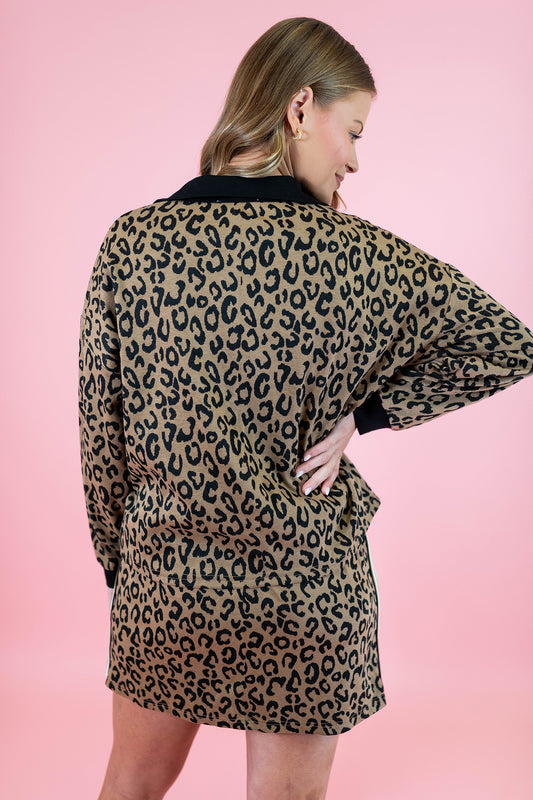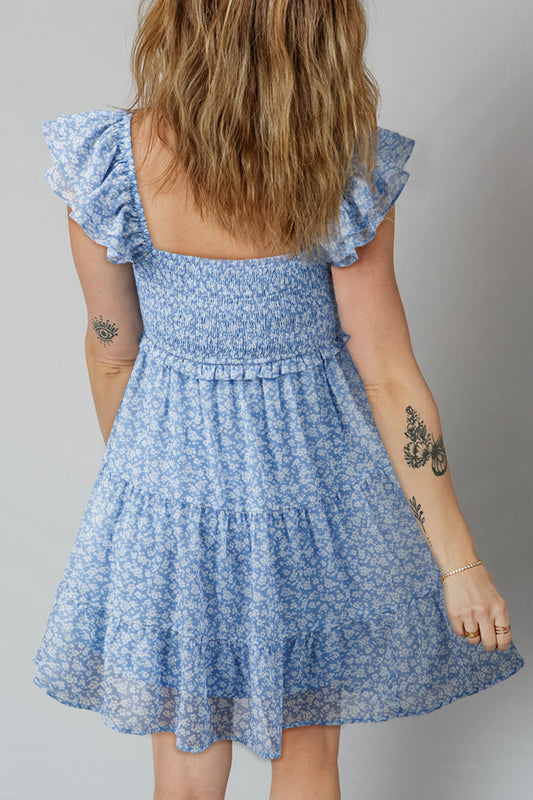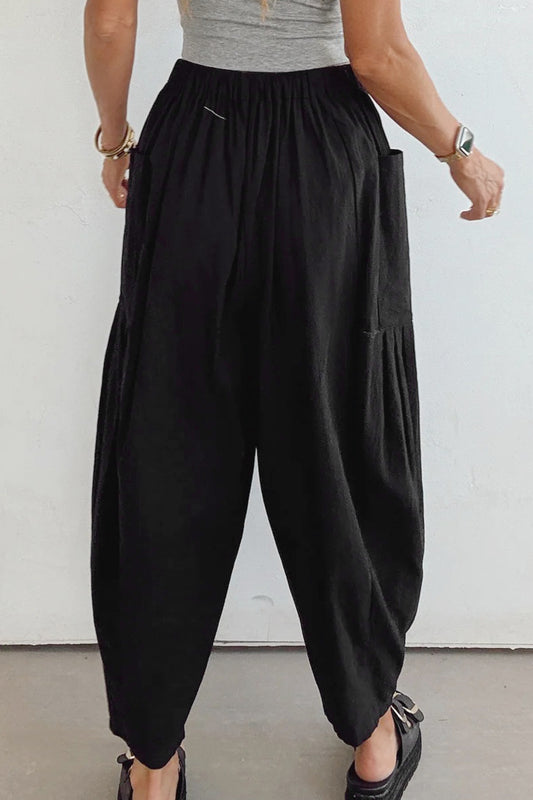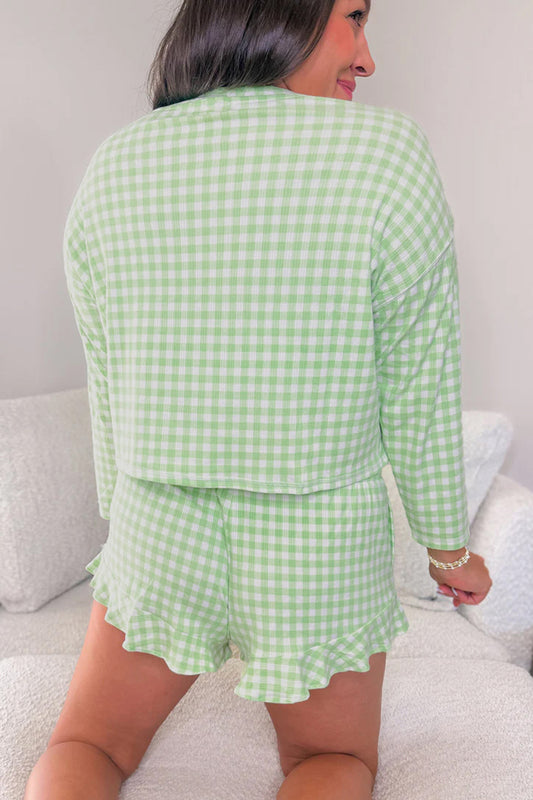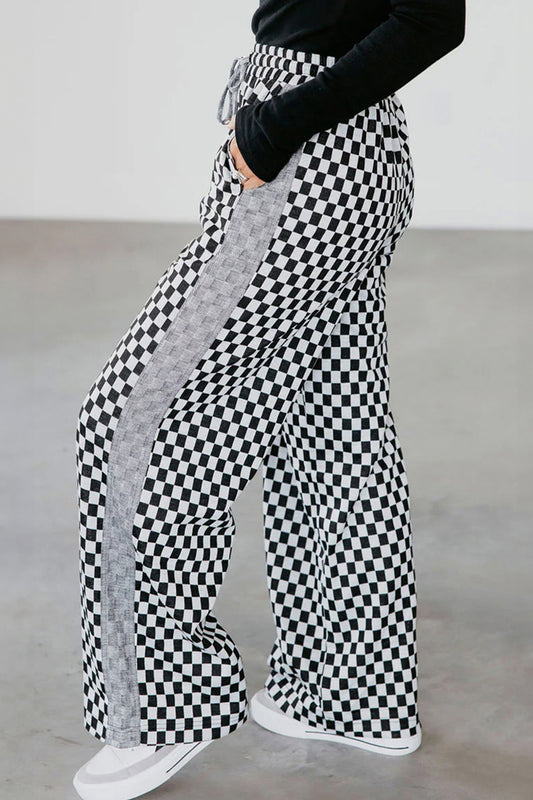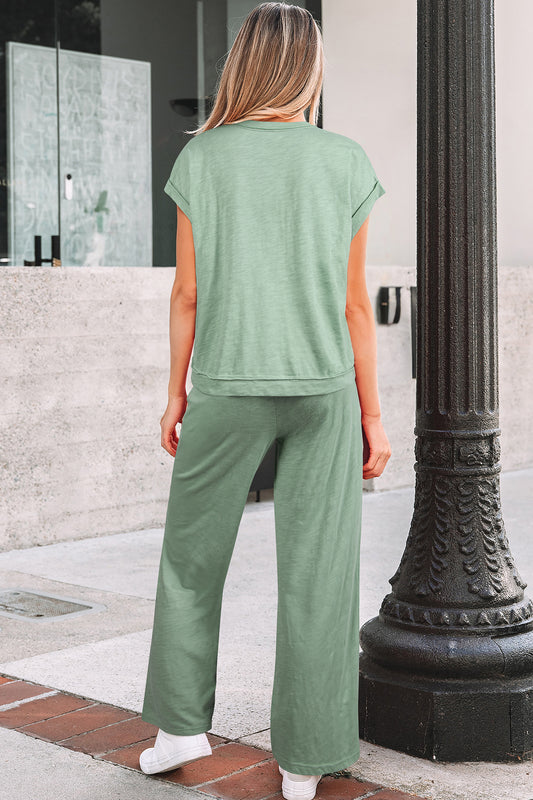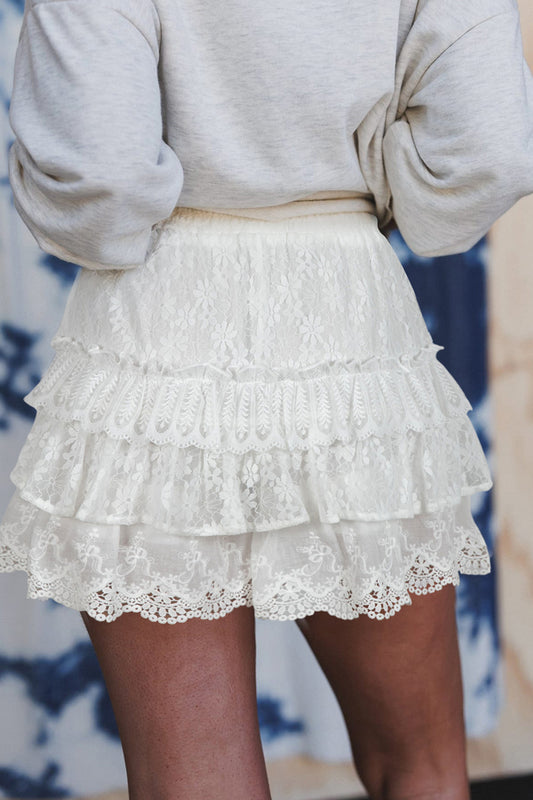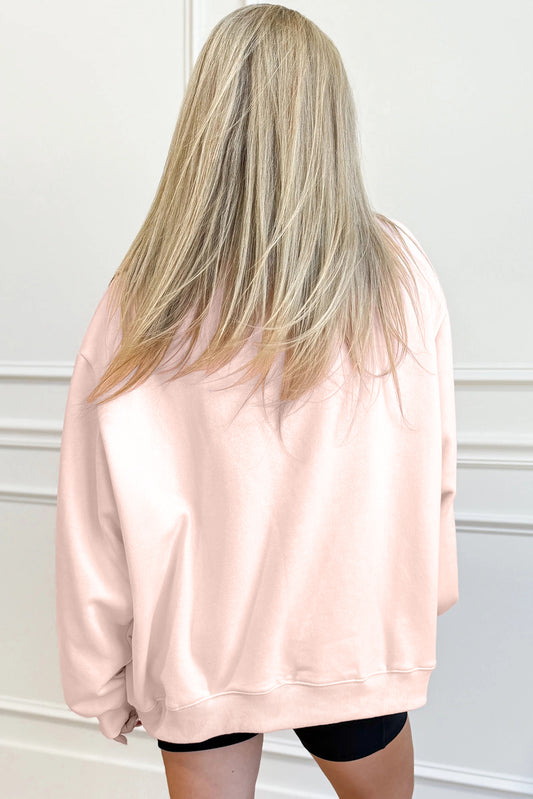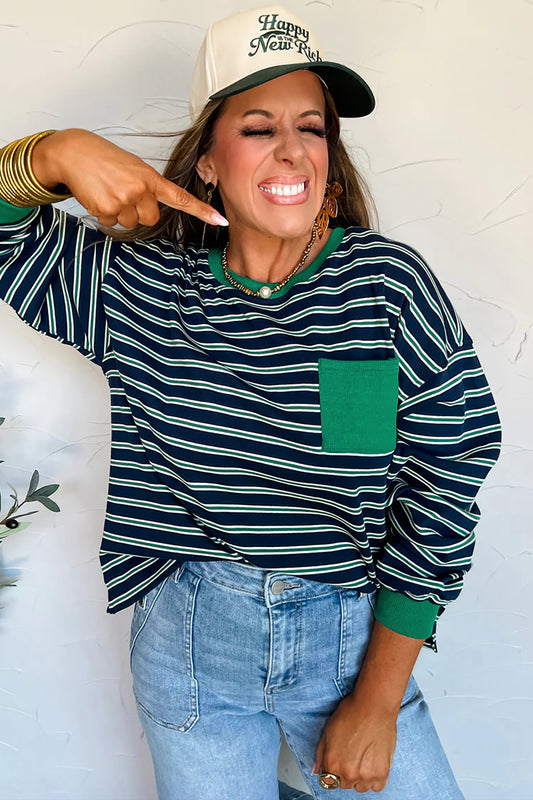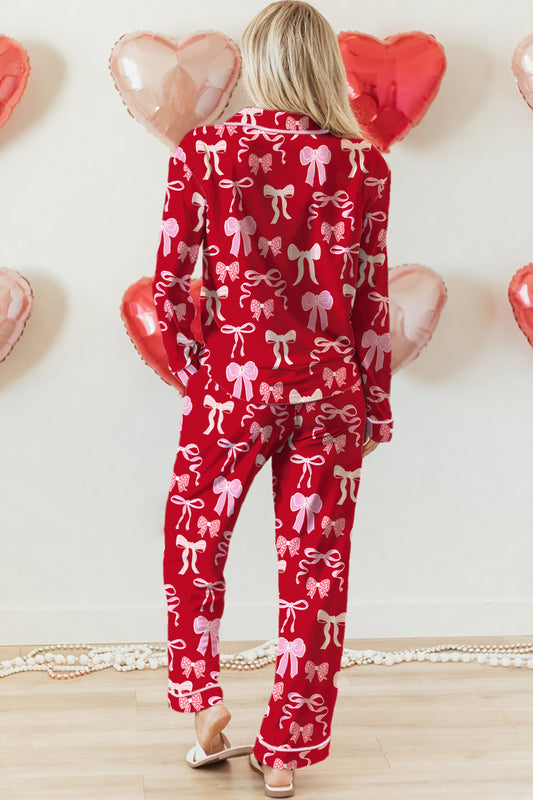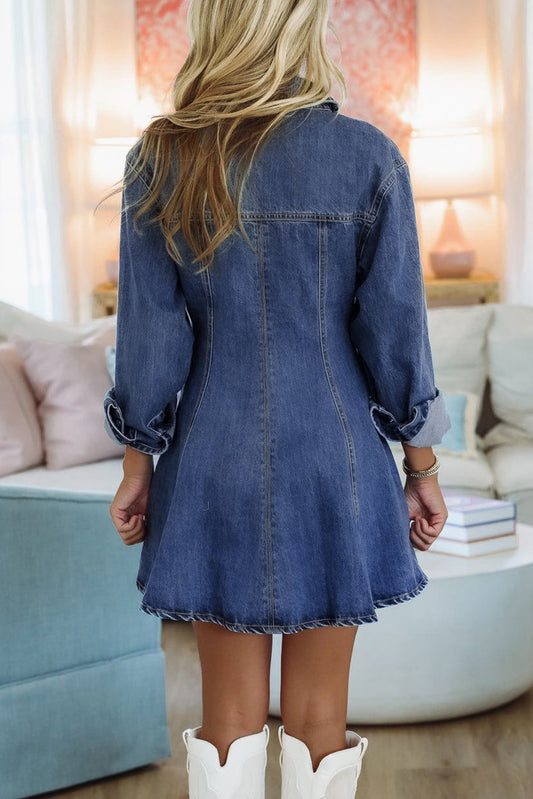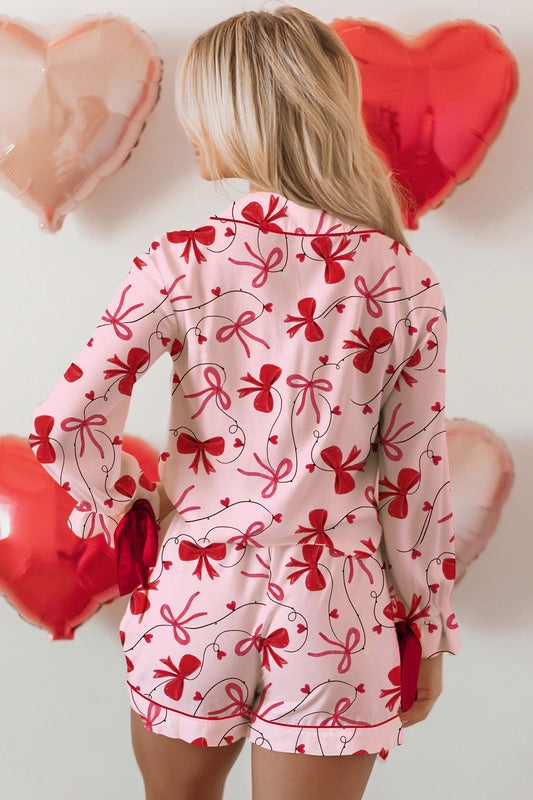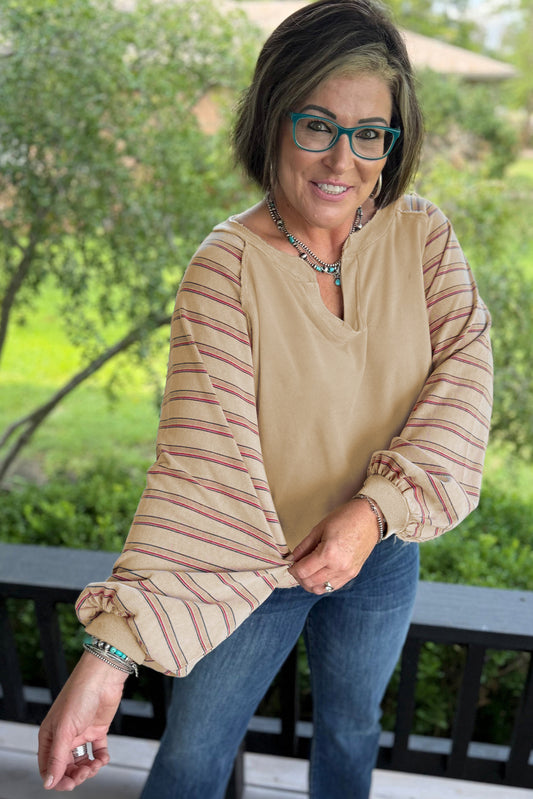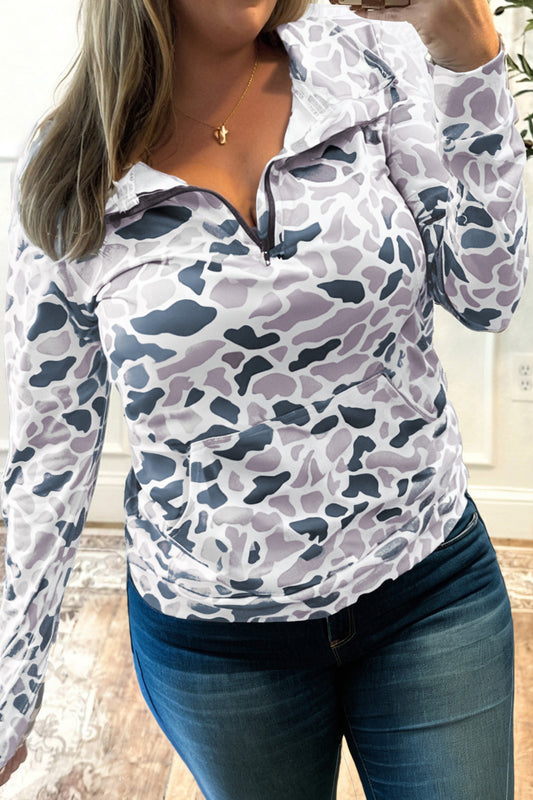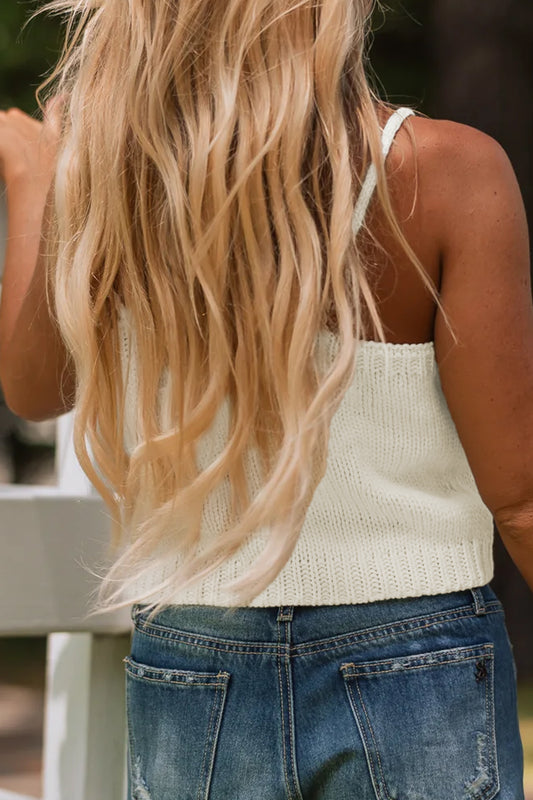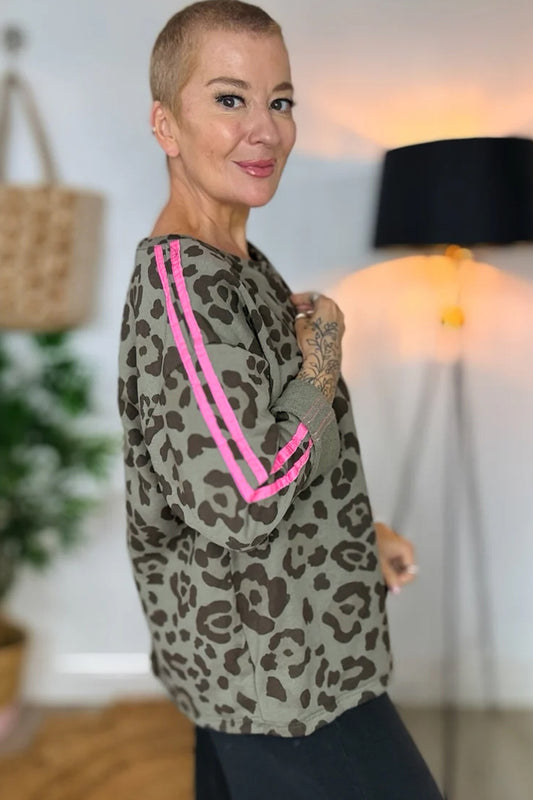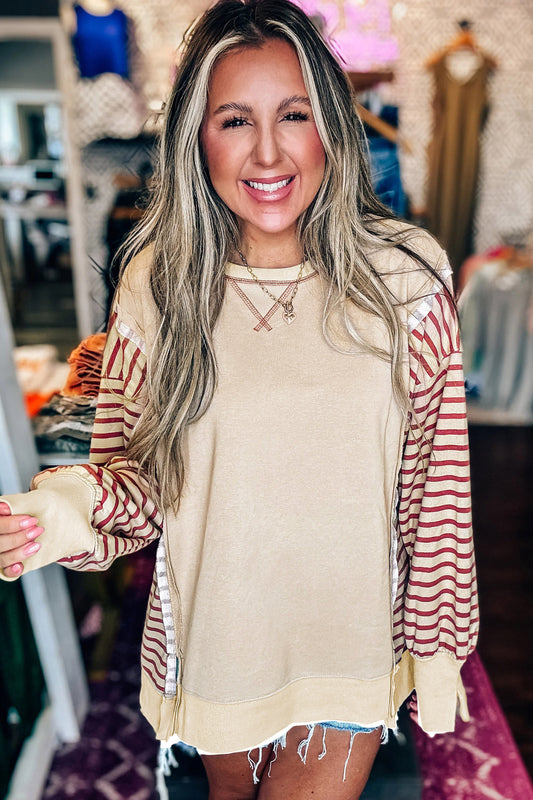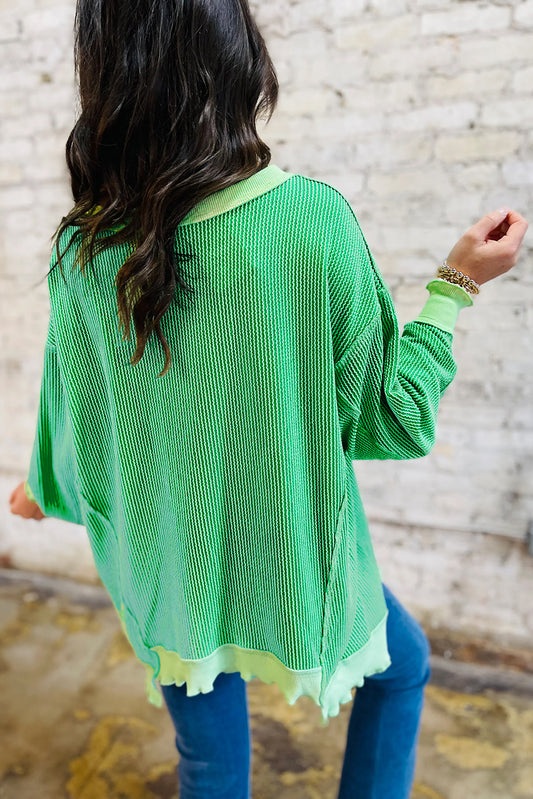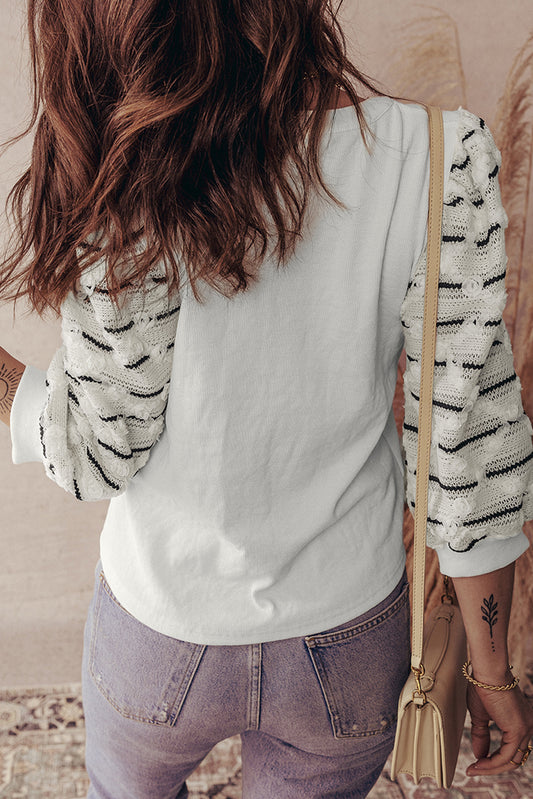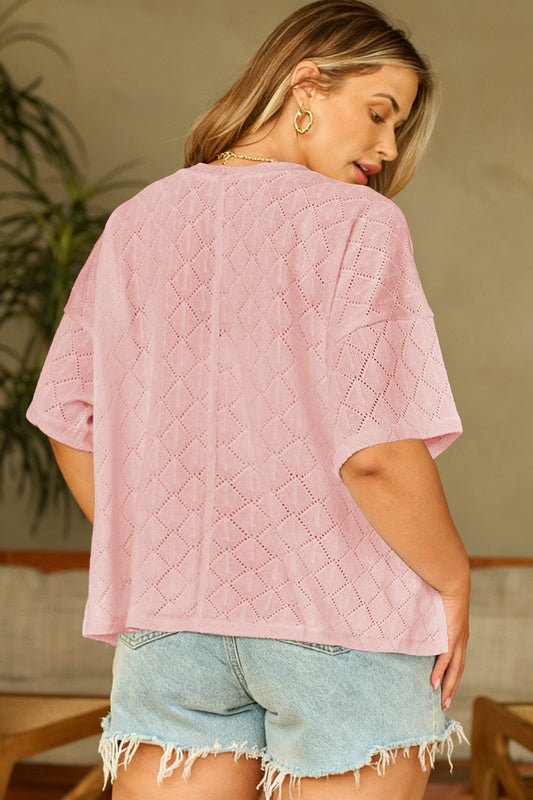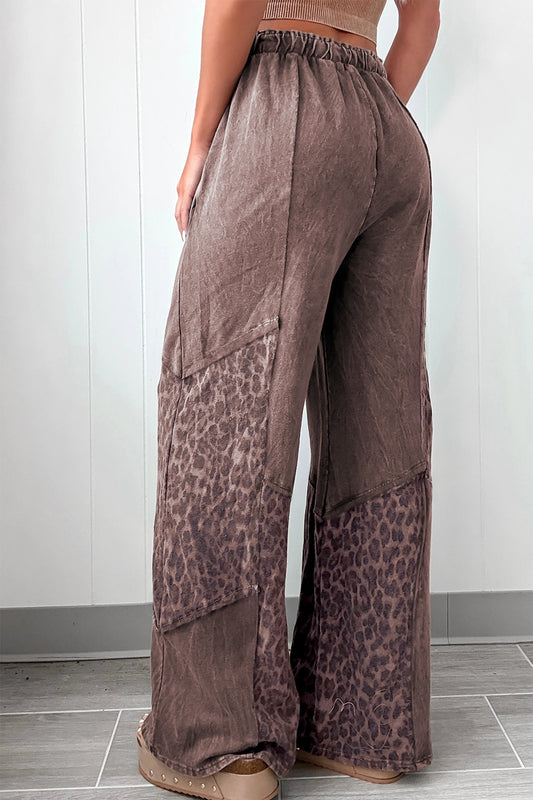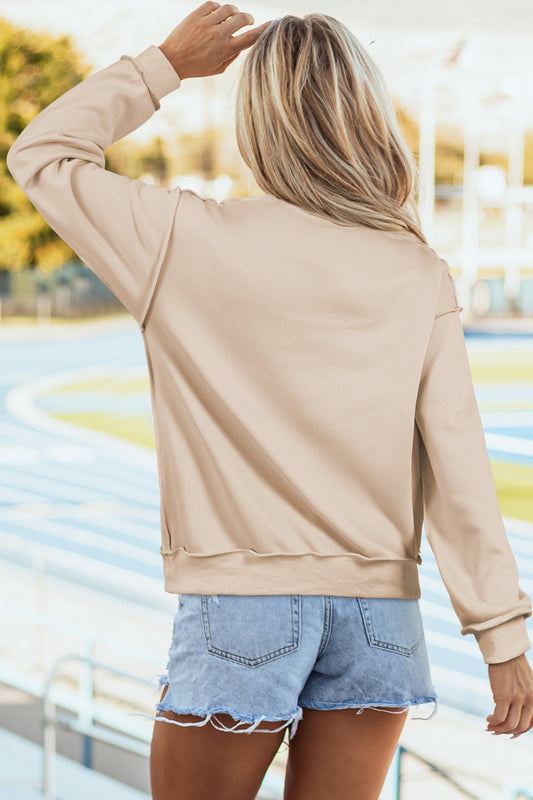
Which Article Of Clothing Is The Most Becoming To A Woman's Shape?
Every woman’s body is unique—but certain clothing silhouettes and styles can celebrate different shapes more naturally than others. This article explores how to find clothing that enhances your individual body shape, covering key types such as hourglass, pear, rectangle, inverted triangle, oval, and figure 8. It provides styling tips using A-line dresses, wrap tops, high-waisted pants, and more to help you achieve visual harmony and body balance. We also unpack the role of fashion industry standards, body positivity, and why clothes that fit well matter far more than arbitrary size labels. Throughout, you’ll find links to curated styles from HannaBanna Clothing to help you express your shape with confidence and flair.
Dressing for Your Body Type: More Than a Trend
While fashion trends come and go, what remains timeless is the quest for clothes that celebrate and flatter our natural forms. Over the years, the question of Which article of clothing is the most becoming to a woman's shape? has evolved into something far more empowering. Today, we focus less on dressing to fix body “flaws” and more on highlighting strength, symmetry, and self-expression.
Modern fashion’s lens has shifted. Gone are the days of tailoring everything to a fictional size 10 hourglass ideal. Today, clothing that speaks to your unique shape is not only possible—it’s powerfully accessible.
Understanding Body Shape Types
The foundation of finding flattering clothes lies in understanding your body shape. These aren’t rigid boxes—they're loose silhouettes that help us understand how garments fall on the frame.
-
Hourglass / X-shape: Equal bust and hips with a well-defined waist
-
Inverted Triangle / V-shape: Broad shoulders, narrower hips
-
Triangle / A-shape (Pear): Hips wider than bust and shoulders
-
Rectangle / H-shape: Little waist definition; shoulders, waist, hips aligned
-
Oval / O-shape: Rounded midsection, often with slender legs
-
Figure 8 / Pulpy hourglass: Like an hourglass but fuller, curvier
Understanding your shape gives you a starting point—not a limit. It’s about identifying what enhances balance and supports body confidence.
The Art of Choosing Flattering Clothing Styles
1. Dresses That Compliment Your Curves
Few garments are more versatile than the dress. For many body shapes, they serve as the ultimate form-flattering staple. An A-line dress works wonders for pear-shaped bodies, subtly balancing the lower half while maintaining fluid movement. Meanwhile, wrap dresses are magic for both hourglass and oval shapes, creating curves or accentuating them.
A sheath dress, hugging the figure while skimming over the hips and thighs, is often ideal for the figure 8 body shape, delivering structure without clinging.
"The key to flattering any figure isn’t the dress itself—it’s how the fabric dances with your lines."
2. Tops That Transform Proportions
The power of a good top shouldn’t be underestimated. Women with inverted triangle shapes (broad shoulders, narrower hips) benefit from V-neck tops that elongate the neckline and soften shoulder breadth. Meanwhile, a Bardot collar can be transformative for pear-shaped bodies, drawing the eye upward and balancing proportions.
Wrap tops and waist-cinching styles define curves beautifully for rectangles or ovals, especially when paired with structured bottoms.
3. One-and-Done Wonders: Jumpsuits & Rompers
Tailored properly, jumpsuits are shockingly flattering. For hourglass and figure 8 shapes, a jumpsuit that defines the waist and flatters the hips can be one of the most shape-celebrating garments in your wardrobe. Look for stretchy, flowy fabrics and vertical design lines to elongate the body.
And yes—jumpsuits can work for O-shapes too. Just opt for a style that skims over the midsection while showing off the legs or neckline.
4. Skirts That Balance the Frame
The right skirt can completely change how your proportions read. For triangle (A-shape) and spoon-shaped bodies, flared skirts or A-line silhouettes are ideal—they don’t cling to the hips and help create balance with the upper body.
Meanwhile, rectangle shapes can benefit from skirts that add volume at the bottom to suggest more curve and contrast. Think peplum waists or pleated hems to give dimension where it’s needed most.
Tip: A high-waisted A-line skirt with a belt is a go-to combo for those looking to carve out a more defined waist.
5. The Power of Pants and Proportion
Pants, too, can do heavy lifting—literally and figuratively—when it comes to shaping your silhouette. Straight-leg trousers and leggings are incredibly versatile for all body shapes, provided the waist fit is just right.
-
Hourglass and figure 8 bodies: Choose pants that hug the waist and flow through the hips without gapping at the waistband.
-
Oval shapes: Try stretchy, mid-rise fits that contour comfortably around the midsection without cutting in.
-
Rectangle and inverted triangle shapes: Go bold with prints or flared hems to add visual weight to the lower half, restoring balance.
In all cases, fit and comfort are paramount. Forget the number on the tag—if it fits well and feels good, that’s the right size.
6. Outerwear That Frames the Body
Outerwear isn’t just for warmth—it’s a silhouette-shaping secret weapon. For shapes with less waist definition (H-shape, O-shape), structured coats and jackets that cinch at the middle can create a dramatic transformation.
-
Belted coats are perfect for rectangles and ovals to introduce curves.
-
Cropped jackets work well for pear shapes by drawing the eye upward.
-
Tailored blazers with light shoulder padding can help balance an inverted triangle or even out sloping shoulders on a figure 8.
“The structure of your outer layer should contrast with the softness or flow of your under-layers. That contrast creates shape.”
The Fashion Industry and the Myth of the "Ideal"
Let’s take a moment to step back. Fashion hasn’t always been kind—or realistic—when it comes to body image. Historically, fashion industry standards promoted a single ideal body: tall, thin, hourglass. But here’s the truth: less than 10% of women actually have the classic hourglass figure. The majority fall somewhere between rectangular, spoon, and inverted triangle shapes.
Enter studies like SizeUK and SizeUSA, which used body scanning technology to reveal a broader spectrum of real-world silhouettes. These studies prompted brands to reassess outdated sizing and expand their mannequin design, sizing charts, and collections.
But we still have a long way to go.
-
Size 12 and 14 are now closer to the average than size 8 or 10
-
Real fit needs to be inclusive—not aspirational
-
Body positivity should not mean “one-size-fits-all” styling tips, but rather tailored guidance for real diversity
Clothes Should Serve You—Not the Other Way Around
One of the biggest shifts in modern style is the rejection of fashion that forces the body to comply. Instead, we’re embracing adaptive fashion, fit technology, and better cuts that honor body balance and individual expression.
“Body confidence doesn’t come from wearing what you’re told is flattering. It comes from wearing what makes you feel complete.”
7. Belts: The Quiet Hero of Waist Definition
A thoughtfully placed belt can instantly add structure to looser outfits and emphasize (or create the illusion of) an hourglass shape. Whether you're working with an H-shape, O-shape, or even a softly curved figure 8, belts act as visual anchors.
-
Try wide belts for rectangle shapes to simulate a curve at the waist
-
Soft, knotted belts just below the bust can flatter oval silhouettes
-
Slim, structured belts paired with flowy dresses accentuate the waist on an hourglass or pulpy hourglass frame
Remember: the goal isn’t to change your body—it’s to frame it in its best light.
8. Shape-Enhancing Details That Whisper, Not Shout
It’s not always about the cut—sometimes it’s about texture, stitching, and drape. Here are a few small details that offer big payoff:
-
Flared sleeves balance wider hips or add drama to minimalist shapes
-
Peplum hems mimic a cinched waist on H-shape or V-shape frames
-
Strategic ruching can conceal or highlight, depending on placement
-
Diagonal lines and wrap styling guide the eye and elongate the figure
Layering these details with smart cuts can help you fine-tune your silhouette while maintaining comfort and personal style.
9. Cultural Beauty Standards and Cosmetic Influence
The fashion landscape isn’t shaped in isolation. Societal trends, celebrity culture, and even cosmetic procedures shape how we perceive our bodies—and what we aim to dress for.
With the rise of breast augmentation, for example, more women are fitting the inverted triangle shape—larger busts paired with slimmer hips. This shift has led to a need for better support, wider straps, and tops that soften the shoulder line.
Meanwhile, fitness culture has redefined rectangle shapes as strong and athletic rather than “boyish,” encouraging brands to celebrate rather than reshape those bodies.
As perspectives change, so must our clothing. And as cultural beauty standards evolve, the true constant is the individual woman—and her right to dress for herself, not a prescribed ideal.
Building a Shape-Conscious, Confidence-Focused Wardrobe
Here’s the real secret: the most becoming article of clothing isn’t a specific garment—it’s a combination of fit, fabric, balance, and intention. Your most flattering outfit might be a romper with a cinched waist, a top with a deep V-neck, or a pair of high-waisted leggings that sculpt and support.
A timeless, shape-aware wardrobe often includes:
-
A go-to wrap dress
-
At least one tailored jacket
-
Versatile skirts in A-line or flared shapes
-
Jumpsuits with structured waists
-
Stretchy but supportive pants that move with you
-
A range of necklines to balance bust or draw the eye upward
-
Belts and accessories that define, not restrict
Final Thoughts: The Power of Dressing With Awareness
When women ask, Which article of clothing is the most becoming to a woman's shape? they’re often looking for permission—to celebrate what they already have. What they deserve instead is knowledge: a wardrobe shaped around their reality, not the runway.
At HannaBanna Clothing, we believe in building clothing that meets the moment—and the body. Because every shape is valid. Every curve is real. And every woman deserves to dress like she means it.




